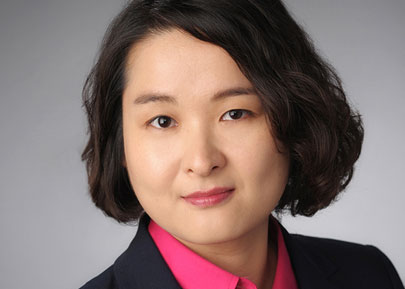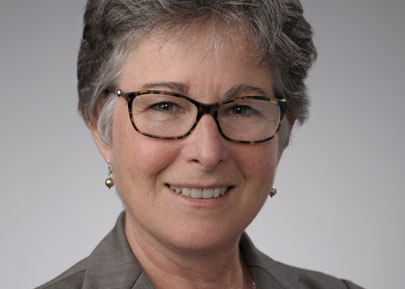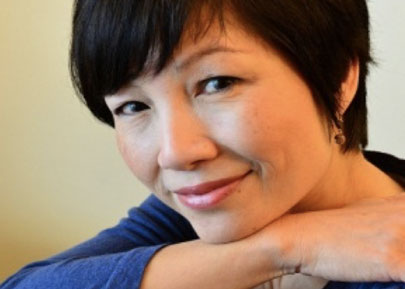Nutrition Science & Dietetics News
Falk College welcomes prospective students at New York City
On Sunday, October 1, Falk College will welcome prospective students and family members in the greater New York City metropolitan area to an informational program at 12:00 noon at Syracuse University’s Lubin House, 11 E. 61st Street. A parking garage is available adjacent to the Lubin House building. In addition to the opportunity to meet one-on-one with Falk Admissions Office staff, the program w…
Falk College welcomes new faculty and staff
Dayeon Shin, Ph.D., R.D., Assistant Professor Falk College is pleased to announce the appointment of one new faculty member, Dayeon Shin, as well as three visiting faculty members, Kate Clancy, Indu Gupta, and Sreekumar Nellickappilly, all joining the the Department of Public Health, Food Studies and Nutrition. Falk also welcomes new staff members who have joined various departments of Falk Colleg…
Congratulations Class of 2017!
Dean Diane Lyden Murphy, along with the faculty and staff of Falk College, congratulates the Class of 2017! We are excited to see where your careers take you. Remember that you are “forever orange” and will always be a part of Falk College and Syracuse University. We invite you to stay in touch and connect through social media, on Instagram, Facebook, Twitter, and LinkedIn. As alumni, you will now…
Creating meaningful food system and policy change
Daina Falk Endowed Professor of Nutrition, Jennifer Wilkins, Ph.D., R.D.At the Academy of Nutrition and Dietetics Food and Nutrition Expo, Daina Falk Endowed Professor of Nutrition, Jennifer Wilkins, Ph.D., R.D., attended a presentation that prompted her to take action with exciting implications for Syracuse University students. Presented by the chair of the nominating committee for the Society fo…
Joan Christy lecture series presents “Adding Flavor to Heart Health” April 10
Cindy Chan Phillips ‘14, MS, MBA, RD, director of nutrition education for the New York Beef Council The Falk College nutrition program will host “Adding Flavor to Heart Health,” a culinary demonstration and tasting with Cindy Chan Phillips ‘14, MS, MBA, RD, director of nutrition education for the New York Beef Council, Monday, April 10, 2017 from 5:15 to 7:15 p.m. in the Nutrition Assessment, Cons…





